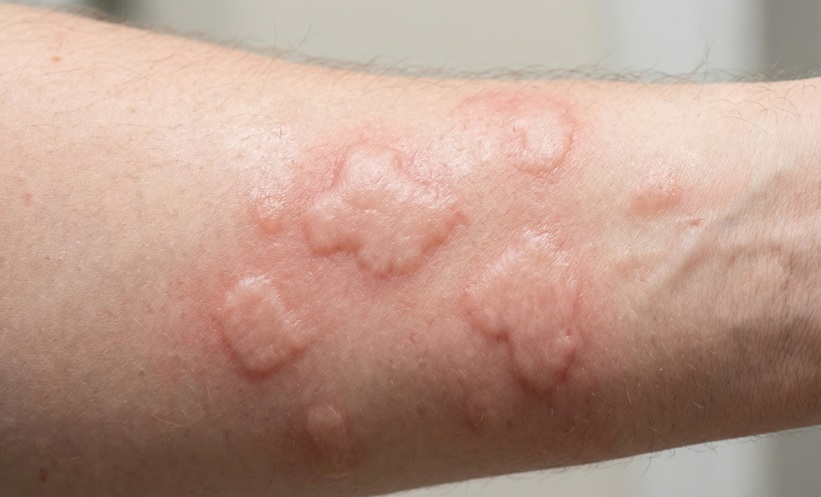PEANUT sublingual immunotherapy is an emerging treatment for peanut allergy that delivers low-dose allergen extracts under the tongue. This peanut sublingual immunotherapy approach is considered safer and more palatable than oral immunotherapy (OIT) or anti-IgE biologics, particularly in young children, due to its low-dose, injection-free method. The therapy works by modulating the immune system, lowering allergen-specific IgE levels while increasing protective IgG4 antibodies, which block IgE-mediated allergic reactions.
A recent study examined 36 months of peanut sublingual immunotherapy in children aged 1–4 years, assessing both desensitisation and remission outcomes. The results were encouraging: 79% of the per-protocol participants achieved desensitisation, and three months after stopping therapy, 63% maintained remission. Younger children showed the highest remission rates, suggesting an age-related immunologic effect.
Longitudinal changes from sublingual immunotherapy
The study employed component-resolved analysis, tracking IgE and IgG4 against peanut allergens Ara h 1, Ara h 2, Ara h 3, and Ara h 6. Changes in Ara h 2 and Ara h 6 were most pronounced, with increased IgG4/IgE ratios correlating with remission. These findings suggest that peanut sublingual immunotherapy primarily modulates the immune response to the most potent peanut allergens. Baseline levels of Ah2-sIgG4 were significantly lower in children who later achieved remission, indicating its potential as a predictive biomarker for treatment success.
Compared with placebo, sublingual immunotherapy participants demonstrated more comprehensive changes in both IgE and IgG4, highlighting the therapy’s effect on long-term immune modulation. These component-specific changes may help clinicians identify which children are most likely to benefit from peanut sublingual immunotherapy, guiding personalised treatment plans.
The study also highlights the importance of early intervention, as younger children exhibited immune profiles more favourable for remission. Future research could develop diagnostic tools using baseline component-specific IgE and IgG4 measurements to forecast treatment outcomes, potentially optimising peanut allergy management in early childhood.
Overall, this research demonstrates that peanut sublingual immunotherapy can induce both desensitisation and remission in young children, with component-resolved antibody analysis offering a promising approach for predicting clinical outcomes and improving long-term allergy management.
Reference
Singh N et al. Peanut component-specific IgE and IgG4 are modulated by sublingual immunotherapy and are associated with remission in 1-4-year-old children. Allergy. 2025;DOI:10.1111/all.70111.





